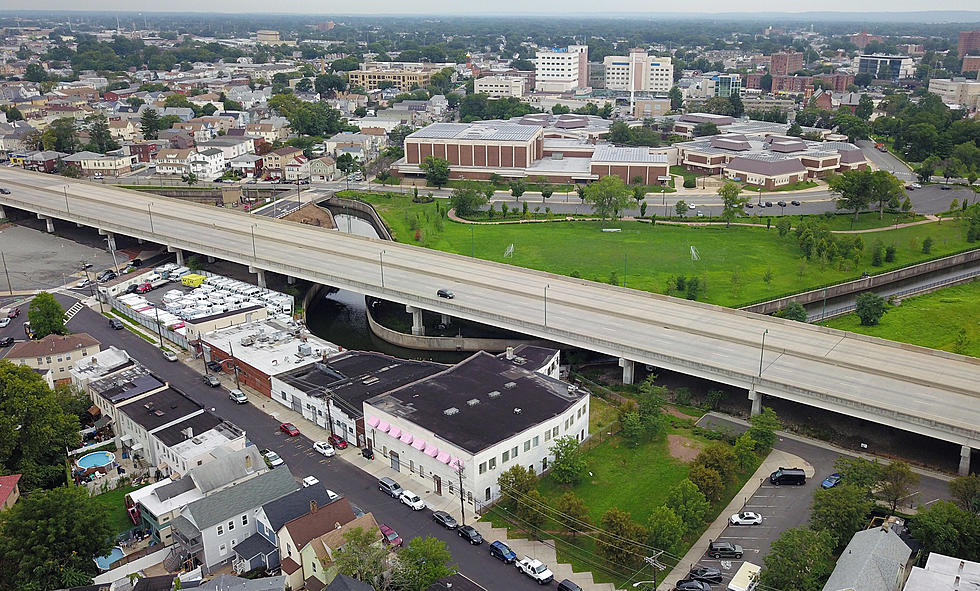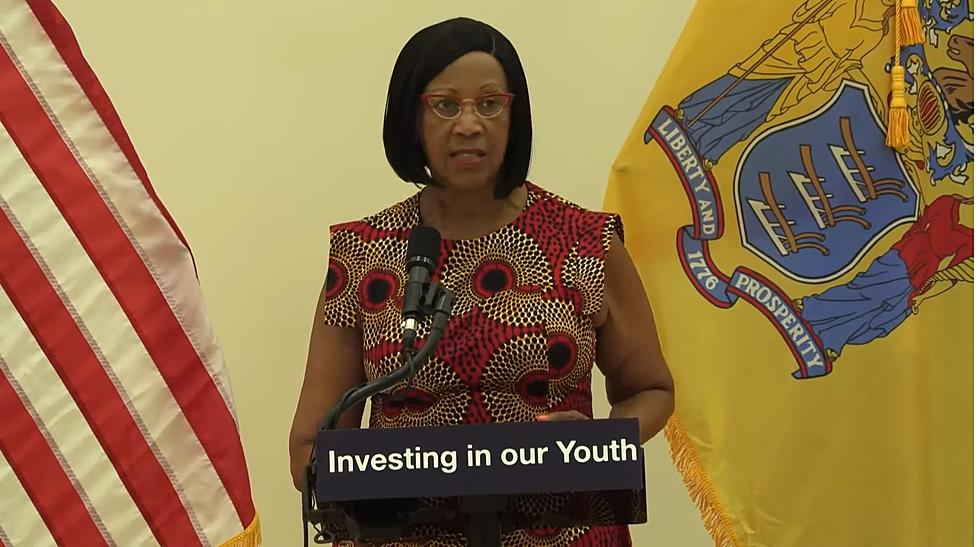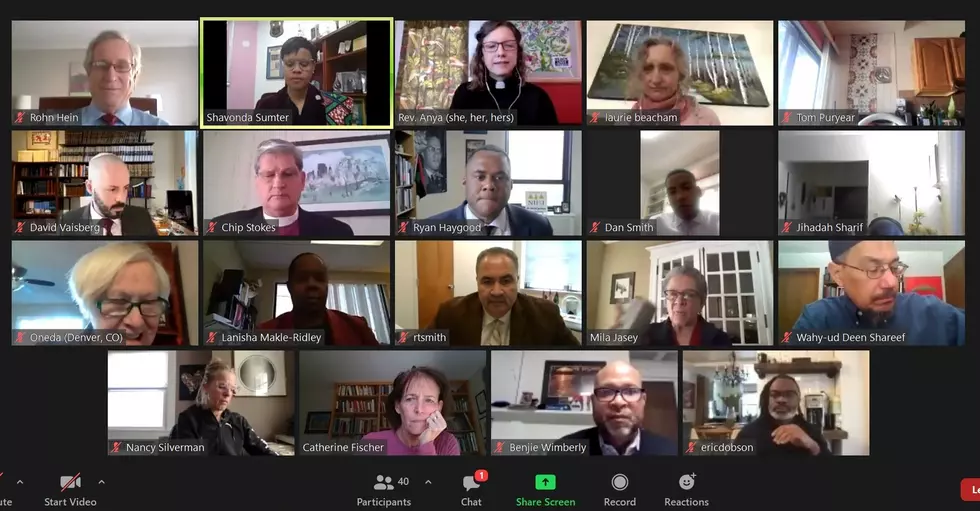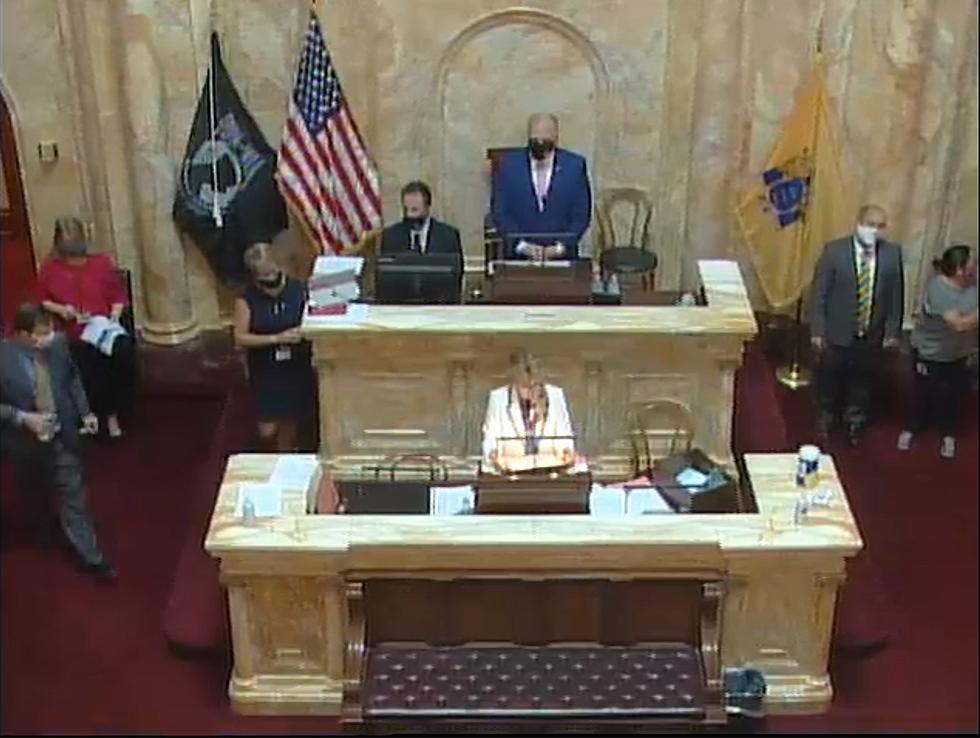
There’s a big racial wealth gap in NJ: Could home ownership laws help that?
TRENTON – Activists pushing for action to close the racial wealth gap have three main priorities they’d like to see approved, only one of which took even a quarter-step through the Legislature before its summer recess.
The New Jersey Institute for Social Justice published a report in February finding that urges steps be taken to address a gaping chasm, with white families enjoying a median wealth of $322,500 to $17,700 for Black families.
It’s driven in large part by homeownership rates, says the report – 76% for white families, 38% for Black ones.
James Williams, director of racial justice policy for the Fair Share Housing Center, told lawmakers at an Assembly hearing in June that’s where to start.
“If we can get housing right, every other aspect of society will grow,” Williams said. “People will have better employment opportunities. Education will go well. Our children will thrive. People will have healthy food options. They will drink clean water.”
The new state budget includes $305 million in federal pandemic recovery funds and $30 million in state affordable housing funds to effectively double the state’s multi-family project production in the next three years.
Andrea McChristian, law and public policy director for the New Jersey Institute for Social Justice said – echoing the title of her group’s study – that there are two New Jerseys.
“One where its white residents are able to partake in the prosperity of one of America’s richest states and another where its Black residents often struggle to make ends meet in one of the most expensive states in the country,” McChristian said.
Assemblywoman Shavonda Sumter, D-Passaic, shares those concerns. She chairs the Assembly Community Development Committee, which held the hearing on the NJISJ report though doesn’t actually have the bills before it that activists are prioritizing.
“New Jersey is one of the most prosperous states in the nation, yet racial and ethnic inequities are still very much prevalent,” Sumter said.
None of the activists’ top priorities passed the Legislature in the first half of the year – baby bonds, an end to discriminatory appraisals and a reparations task force.
Vivian Cox Fraser, president and chief executive officer of the Urban League of Essex County, said access to fair appraisals is important so Black homeowners can extract their wealth from their homes.
“We have seen the impact of disparate practices in the housing and financial services that have damaged and robbed Black communities of wealth over generations,” Fraser said.

In its year and a half since being introduced, legislation addressing discriminatory appraisals hasn’t gotten a hearing in the Assembly. It has twice been endorsed by a Senate committee, once in each legislative session, but hasn’t come up for a full Senate vote yet.
“What you can do for yourself, you’re supposed to do for yourself,” Fraser said. “But what you can’t do for yourself, we need the institutions that support communities as well as government to intercede.”
Michael Symons is the Statehouse bureau chief for New Jersey 101.5. You can reach him at michael.symons@townsquaremedia.com
Click here to contact an editor about feedback or a correction for this story.
Inventions you probably didn't know are New Jersey born
Travel back in time to a colorized Atlantic City circa 1919
More From New Jersey 101.5 FM









